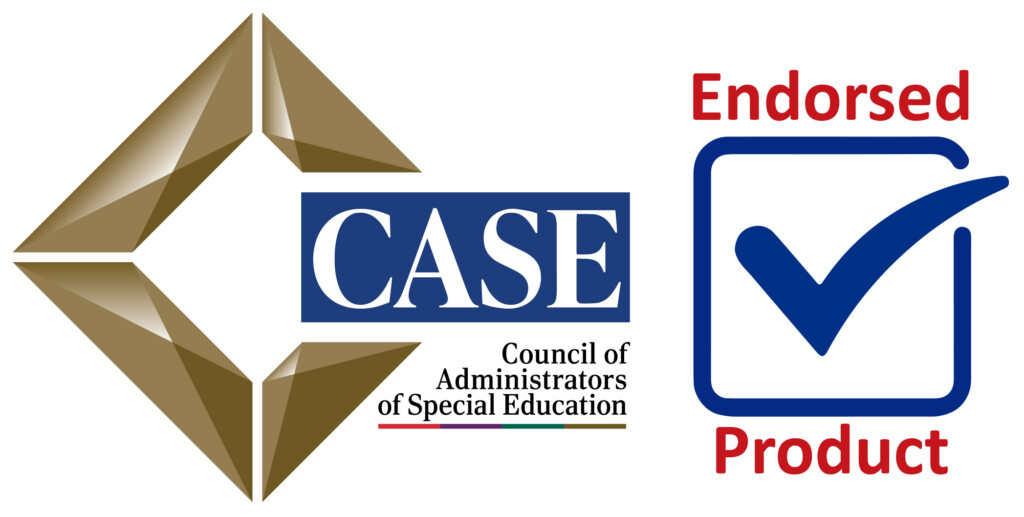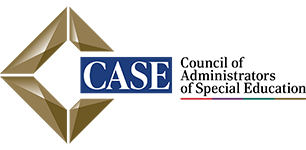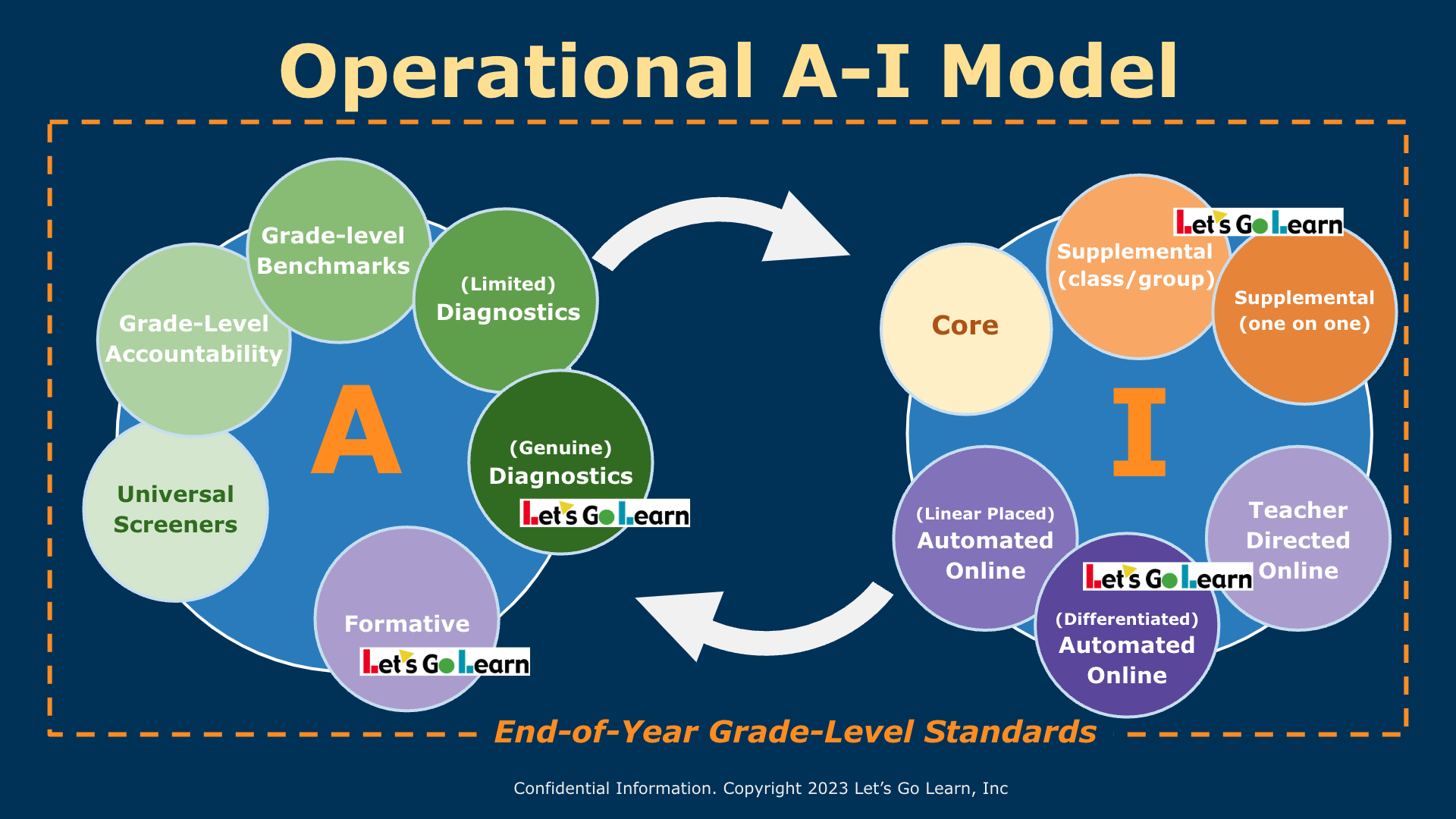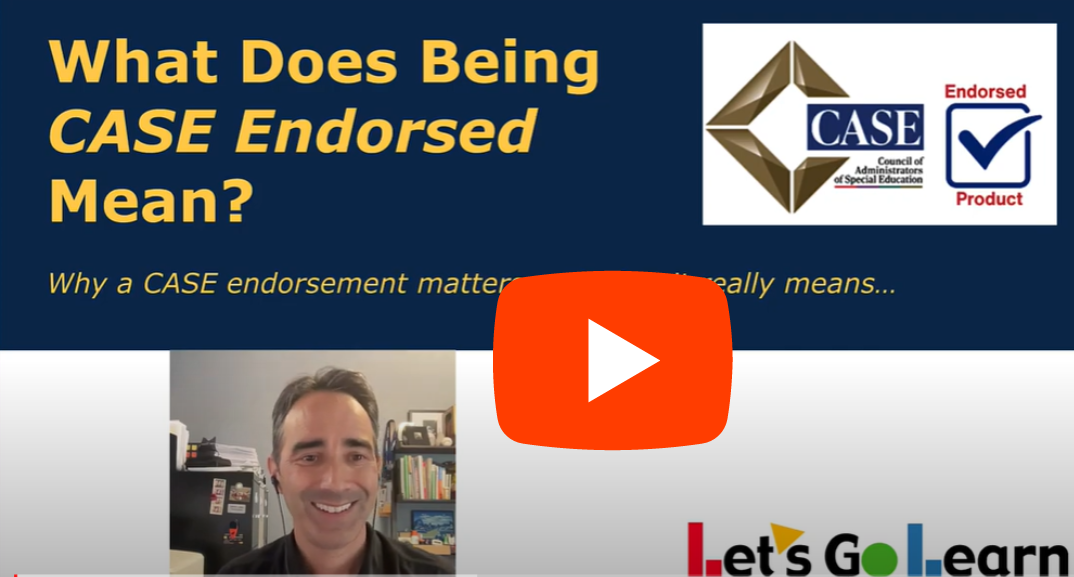CASE Endorsement

CASE Endorses the Entire LGL Platform!
Let’s Go Learn’s full software platform, consisting of online assessments, progress monitoring, and curriculum, is officially endorsed by the Council of Administrators of Special Education (CASE), the leading organization for special education directors in the United States, and a division of the Council for Exceptional Children (CEC). Read the press release here.
Products receiving a CASE endorsement go through a rigorous review process from special education experts, ensuring the products align with 7 specific areas. Many companies submit only individual products for review but Let’s Go Learn submitted its entire suite of products.

What the CASE Endorsement Means
The CASE endorsement of the Let’s Go Learn platform for special education means that educational leaders can feel assured that Let’s Go Learn is supporting students with disabilities and IEPs. Let’s Go Learn is a reliable and effective partner supporting improved student outcomes. As educational leaders endeavor to improve their school districts and departments, this endorsement should give them the confidence that an extremely rigorous review was executed and completed successfully. Generally speaking, this review is more rigorous than educators can do on their own, since CASE includes national experts from across the country. The review that Let’s Go Learn underwent took 14 months and involved multiple touch points as the CASE review committee sought to understand exactly how Let’s Go Learn was supporting the special education market. The sidebar on the right outlines the process.
Rigorous Expert Review
CASE utilizes a committee of experts to review potential products through a rigorous review process. The review includes a review and alignment to the following areas:
- Product Description and Fit into the Special Education Market
- Feasibility of the Products in terms of how it is purchased and implemented
- Research Base in general and in support of students with IEPs
- Product research, efficacy, and effectiveness
- Quality of Product Research as well as future research plans
- Satisfaction and reputation in the special education market
- Connection of the product to the CASE professional practices and mission
How Let’s Go Learn Supports the Special Education Assessment-Instruction Education Model
The “A-I Model” (figure 1) depicts the assessment-instruction standard instructional model which illustrates that we assess to determine instruction, then re-assess in order to make adjustments to our instruction. This is the A-I cycle or model. This is what any special education teacher does intuitively.

The “Operational A-I Model” (figure 2) illustrates different types of assessments and instructional strategies. The graphic shows Universal Screeners which are the lightest weighted assessments and moves clockwise to the most diagnostic assessment, (Genuine) Diagnostics.
In the area of instruction, Let’s Go Learn is considered a supplemental curriculum. Because its lessons are selected based on each student’s own data, it is also considered a one-on-one supplemental instructional program.
Let’s Go Learn’s supplemental curriculum can be implemented automatically via individual gap-focused courses for each student in ELA and mathematics, or teachers can directly assign lessons as they see fit for each student. Also, an additional nuance depicted in Figure 2 is that there are two types of automated online instruction: Linear Placed and Differentiated. Let’s Go Learn’s supplemental curriculum is differentiated. The LGL system uses detailed present-level data to determine exactly the specific lessons a student needs. Let’s Go Learn’s supplemental curriculum does not use a placement score to place students into a point-in-one generalized single-subject scope and sequence, which wastes instructional time and can alternatively frustrate or bore students with lessons that are too hard or too easy.
Executive Summary of How Let’s Go Learn Supports Special Education
Let’s Go Learn’s special education (LGL SPED) platform is designed to provide an automated online system for ELA/reading and math that supports the IEP process for students with IEPs or students in MTSS/RTI/Intervention programs.
LGL’s SPED platform tools support these key actions for teachers and administrators:
- Establishing present levels: ELA/reading and math online diagnostic assessments that analyze student data using a K-12 and K-9 adaptive engine respectively
- IEP data reporting: Real-time diagnostic data reporting with LGL Goal Writer that supports setting annual goals and writing of short-term objectives for every student
- Progress monitoring: Automated progress monitoring and reporting based on diagnostic and formative assessment data that share the same datasets with compatible baseline and progress monitoring data
- SDI instructional tools: Automated and teacher-directed supplemental gap-driven and standards-aligned Specially Designed Instruction (SDI) in ELA/reading and math
LGL’s SPED platform is not designed to work for 100% of students with IEPs, but its tools can be used as “core” diagnostic assessment tool for students with IEPs. In addition, it can be a substitute for broad-based measures selected by the district for general education such as Exact Path, MAP, iReady, RenLearn STAR, and My Path. Diagnostic data can always be summarized to be used for accountability purposes but summative assessments cannot be granularized to be diagnostic. Many district use it as an additional assesment that is diagnostic necessary for students with IEPs or students under MTSS/RTI.
In terms of special education management platforms, we are not one of these. By management we define it as IEP repositories or systems that track data for legal compliance. While parts of our system will provide data to help write IEPs or provide progress monitoring data, generally we are used before final data goes into a repository. One more area to qualify is we are not a Goalbook. Goalbook is a library of pre-written goals for teachers to consider for students. But doesn’t have testing data to figure out which goals are appropriate for each student. We have many customers who use us and Goalbook. They use us to figure out where students are at and what skills and concepts need to be targeted short-term. Then they may use Goalbook to find pre-written goals in the language and format they need for their particular district.
More about CASE
CASE is the preeminent organization for special education directors in the United States. It stands for Council of Administrators of Special Education. It is the largest division of CEC, Council of Exceptional Children. Over 9000 special education and exceptional children directors at school districts across the country are members of CASE. CASE combines support for these directors with lobbying efforts to improve the support for students with disabilities and the industry as a whole.




